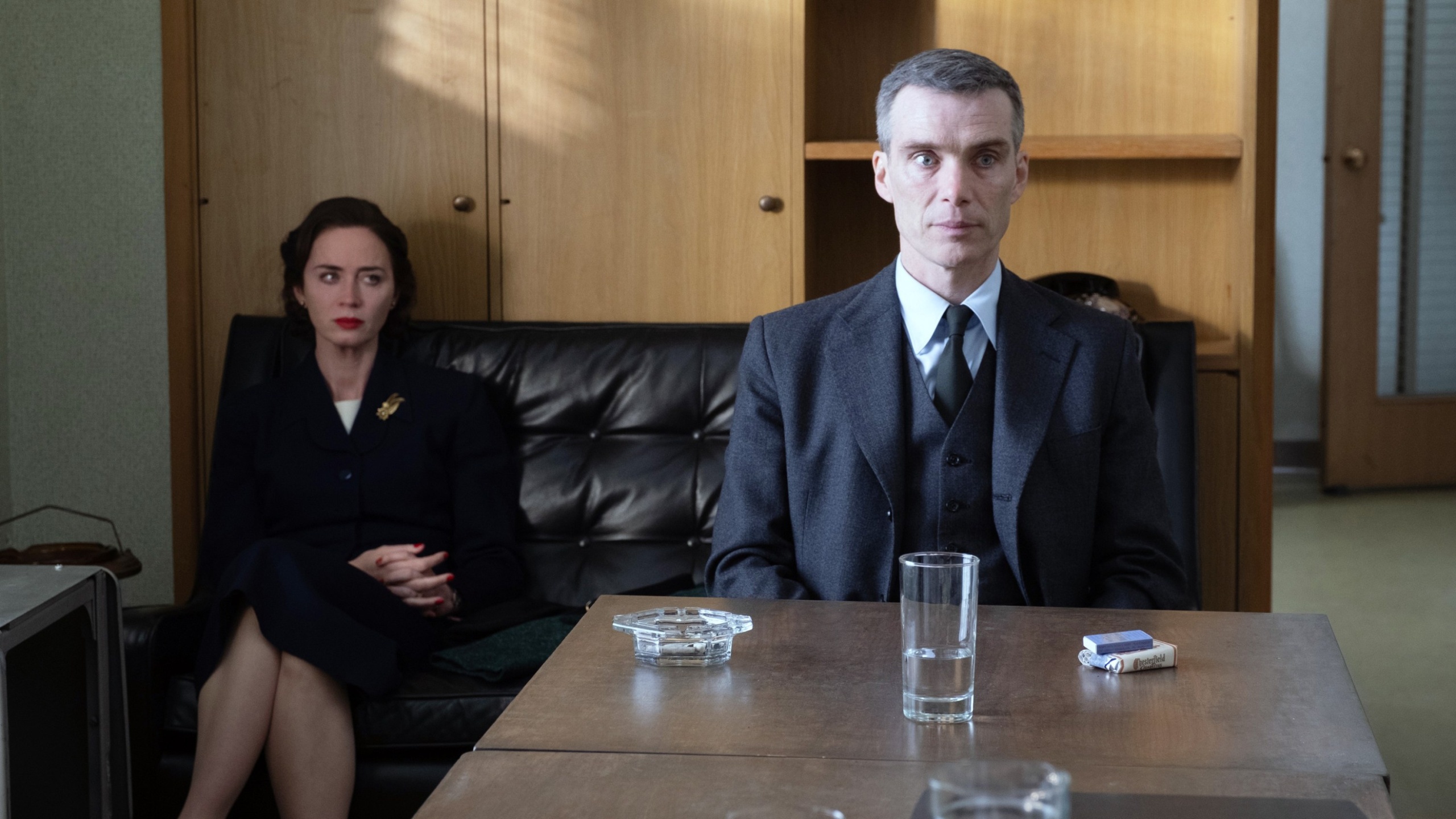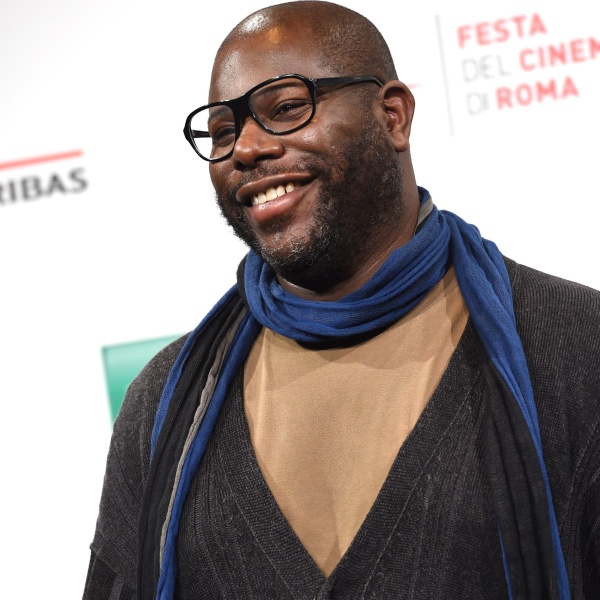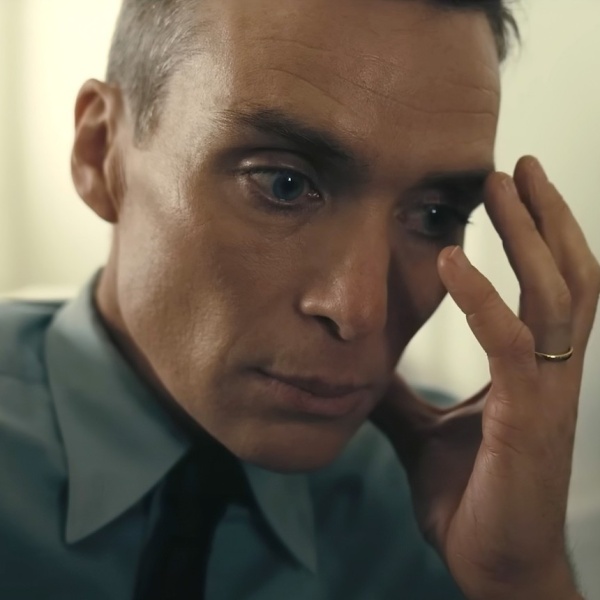This article contains IndieWire’s preliminary Best Editing predictions for the 2024 Oscars. We regularly update our predictions throughout awards season and republish previous versions (like this one) for readers to track changes in how the Oscar race has changed. For the latest update on the frontrunners for the 96th Academy Awards, see our 2024 Oscars predictions hub.
The State of the Race
It’s an editing Oscar race between “Oppenheimer,” “Killers of the Flower Moon,” “Anatomy of Fall,” “The Holdovers,” and “Poor Things,” which additionally received ACE Eddie nominations as well (the awards will be held March 3, at UCLA’s Royce Hall).
All five are Best Picture nominees (last year’s “EEAAO” was the first Best Picture winner to snag editing in a decade), and four are period pieces: the historical “Oppenheimer” and “Killers of the Flower Moon,” the prep school dramedy, “The Holdovers,” and the wild feminist black comedy, “Poor Things.”
Additionally, they all contain fascinating psychological stories about existential crises. Yet “Oppenheimer,” the favorite,” offers the most complex narrative about J. Robert Oppenheimer (Best Actor nominee Cillian Murphy), the conflicted “father of the atomic bomb.” In addition, “Oppenheimer,” and “Poor Things” dabble in both color and black-and-white to convey different heightened states of mind.
Christopher Nolan’s “Oppenheimer” provided first-time editing nominee Jennifer Lame (“Tenet”) with interlocking, subjective POVs of Oppenheimer in color (“Fusion”) and Salieri-like antagonist Admiral Lewis Strauss (Best Supporting Actor nominee Robert Downey Jr.), head of the Atomic Energy Commission, in black-and-white (“Fission”). The two key framing devices are the parallel political hearings that ensnare them: Oppenheimer’s set up in 1954 to revoke his security clearance and Strauss’ Senate confirmation ordeal in 1959 for Secretary of Commerce. This is where Lame brilliantly excels at managing the pace and tension of people talking in rooms. However, she also benefited from Hoyte van Hoytema’s large-format IMAX camera, which explored the landscape of their faces.
In “Killers of the Flower Moon,” Martin Scorsese and longtime editor Thelma Schoonmaker (a three-time winner and now the most honored of her branch with nine nominations) tackles the director’s first epic Western. It’s a historical tragedy about corruption, greed, racism, and murder, framed as the divide between beauty and degradation. The film is about the Oklahoma serial murders in the Osage Nation during the 1920s, committed after oil was discovered on tribal land. However, it focuses on the psychological tension rather than the nascent FBI procedural in David Grann’s acclaimed non-fiction book. What’s key is the layering of the conspiracy between cattleman William Hale (Robert De Niro) and his naive nephew Ernest Burkhart (Leonardo DiCaprio) to obtain the family fortune of Burkhart’s wife, Molly (Lily Gladstone), and how it poisons any hope of prosperity for the couple and the Osage community.
Alexander Payne’s “The Holdovers,” the bittersweet dramedy about cranky history professor (Best Actor nominee Paul Giamatti) forced to babysit a handful of students at a New England prep school over the 1970 Christmas break, allowed go-to editor Kevin Tent the opportunity to deftly balance whimsy and melancholy. Giamatti forms an unlikely bond with a rebellious student (Dominic Sessa) and the school’s head cook (Best Supporting Actress nominee Da’Vine Joy Randolph), whose son was recently killed in Vietnam, which deepens the story with pain, regret, and the possibility of redemption.
“Anatomy of a Fall,” Justine Triet’s tense courtroom drama, edited by first-time nominee Laurent Sénéchal, has the intended rhythm of a Hitchcockian procedural. It’s about a successful German novelist (Best Actress Christian Hüller) on trial for the murder of her husband (Samuel Theis), a teacher and failed novelist, in France following his mysterious death in the snow. At the center of the mystery is their 11-year-old son, Daniel (Milo Machado Graner), whose vision is impaired, but is called as a witness. A trenchant dissection of love, marriage, parenting, guilt, fear, regret, and ambition, Sénéchal delicately balances point of view through memory and imagination.
Yorgos Lanthimos reunites with go-to editor Yorgos Mavropsaridis (the Oscar-nominated “The Favourite”) on “Poor Things,” a surreal “Frankenstein” gender-bender. It stars Best Actress nominee Emma Stone as Bella, who’s re-animated with the brain of her unborn child by unconventional scientist Baxter (Willem Dafoe). This results in a bizarre reset for Bella into a liberated, free spirit who upends 19th-century roles and conventions. Mavropsaridis brilliantly manages the sudden shifts in tone, locale, and visual style (including the early transition from black-and-white to different shades of color) that define Bella’s journey.
Nominees are listed below in order of likelihood they will win.
Contenders
“Oppenheimer” (Jennifer Lame)
“Killers of the Flower Moon” (Thelma Schoonmaker)
“The Holdovers” (Kevin Tent)
“Anatomy of a Fall” (Laurent Sénéchal)
“Poor Things” (Yorgos Mavropsaridis)



